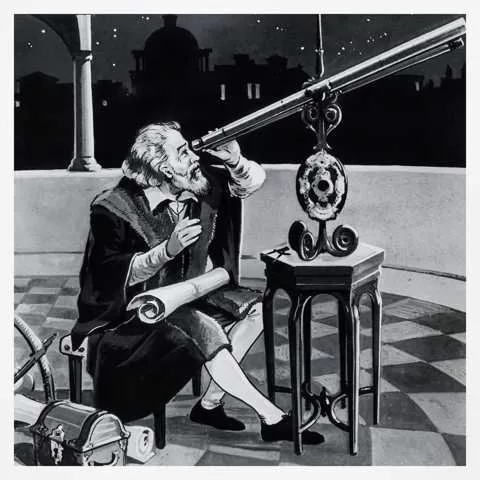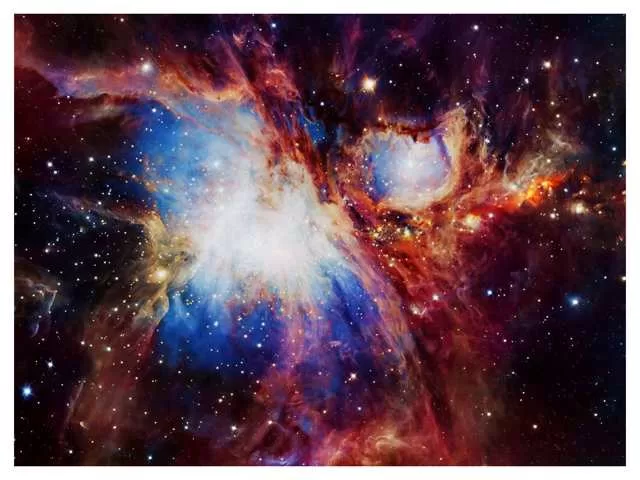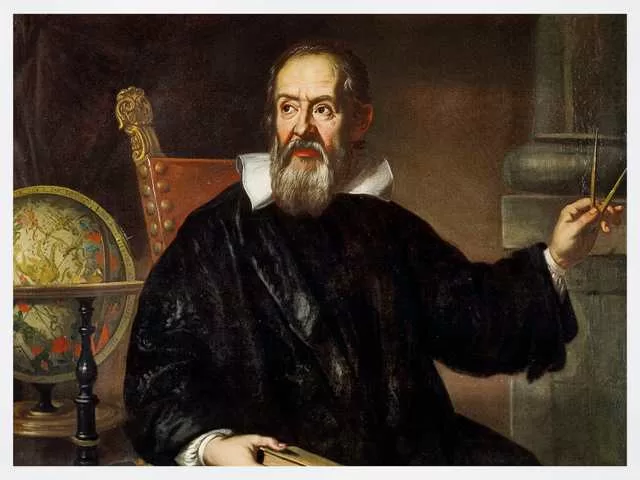On January 8, 1642, the world bid farewell to Galileo Galilei, a scientific luminary who faced adversity for his revolutionary ideas. At the age of 78, Galileo passed away, having spent the last eight years of his life under house arrest, a consequence of his clash with the religious authorities.
Galileo’s belief in the heliocentric model, asserting that the Earth orbited the Sun, contradicted certain biblical interpretations, leading to a contentious relationship with the Pope, the Inquisition, and the Catholic Church. Found guilty of heresy after a trial, Galileo was confined to house arrest until his death, a fate that drew widespread criticism. The Catholic Church later pardoned and apologized for its treatment of Galileo in 1992, centuries after his passing.
Galileo’s Enduring Legacy: A Glimpse at Jupiter’s Moons

Commencing the year 2022, we commemorate the 400th+ anniversary of one of Galileo’s remarkable achievements – the observation of Jupiter’s moons on January 7. Initially dubbed “three fixed stars,” Galileo gradually realized these celestial bodies were moons orbiting Jupiter. This discovery provided compelling evidence against the geocentric view that everything revolved around the Earth.
Galileo’s contributions to science extend beyond his astronomical discoveries. He pioneered the experimental scientific method, constructed the first high-powered telescope, observed the phases of Venus and sunspots, confirmed the Copernican theory, and contributed fundamental ideas to physics. His experiments, such as demonstrating that the velocity of a falling body is not proportional to its weight, and inventions, like the water pump, solidify his legacy as a scientific trailblazer.
Timeline of Visionaries: Galileo in the Company of Greats
Examining a timeline featuring Michelangelo, Shakespeare, Galileo, and Newton, Galileo’s lifetime intersects with the passing of Michelangelo and the birth of Newton. Through their birth and death years, one can calculate their respective ages at the time of their demise.
Galileo’s Wisdom: “Mathematics is the language in which God wrote the universe.”

Renowned for merging mathematics with empirical observations, Galileo’s legacy resonates through this profound quote. He is celebrated as the founder of modern science, employing rigorous experimentation and mathematical reasoning to unveil the laws governing the universe.
Stargazing in Winter: A Celestial Journey
Encouraging winter stargazing, the article emphasizes the early darkness as an opportune time to explore the night sky. While acknowledging that home telescopes may not capture the grandeur of space, the article encourages lunar observation and provides tips for amateur astronomers, including the use of binoculars.
Virtual Experiments and Interactive Learning: Embracing Galileo’s Spirit
To further embody Galileo’s spirit of experimental inquiry, the article suggests virtual experiments through interactive demos. Websites offering demonstrations on falling objects, projectiles, inclined planes, and pendulums provide engaging ways to delve into scientific principles.
In honoring Galileo Galilei on the anniversary of his passing, we not only celebrate his groundbreaking contributions to science but also reflect on the enduring relevance of his methods and wisdom in our ongoing quest for understanding the universe.

